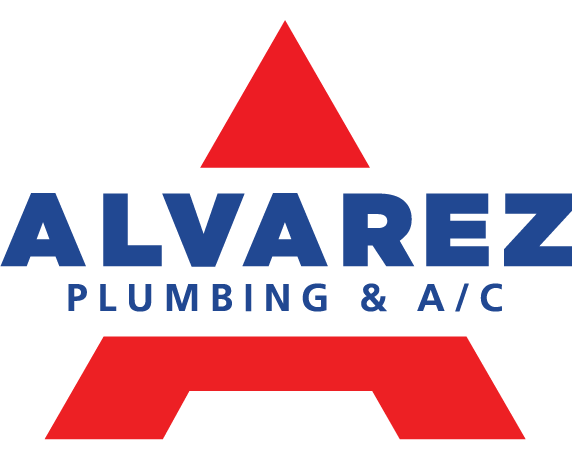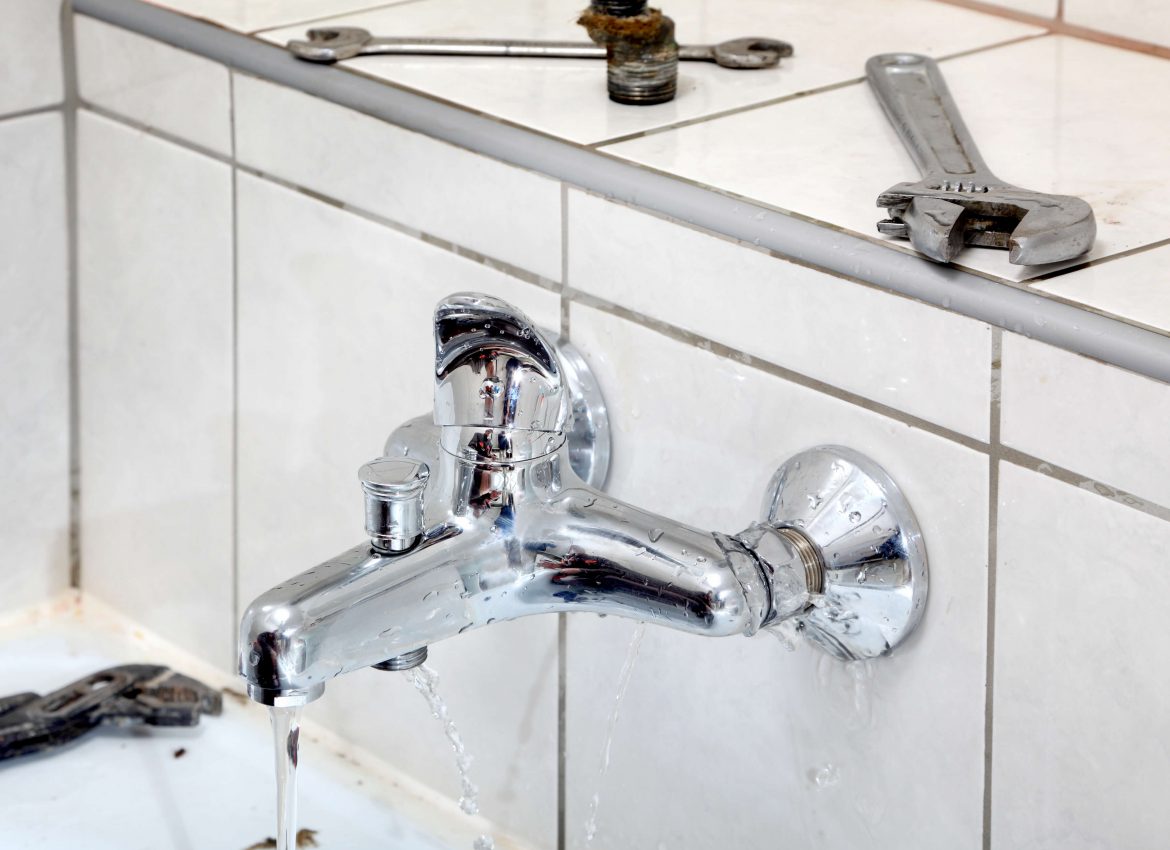Homeowners and renters alike have heard numerous tips and “advice” on how to take care of their plumbing systems. Some of it was passed down from family, and other times it may have been advice from online. And most of it-wrong. We have compiled a list of common plumbing myths and the correct advice to go with each.
Myth # 1: A drain can’t be clogged if water is still going down.
Truth: Clogged pipes may still have some room for water to flow; if you notice water draining slower than usual, this may be your problem. Disposals can also lead to clogged pipes by allowing people to put more food particles down the drain than they normally would. Although disposals grind up food, particles can be left in the drainpipes, causing clogs. If your drain is clogged, get help from a professional drain cleaning company.
Myth # 2: Use lemons to clean your garbage disposal.
Truth: Lemons will make your disposal smell better, but they do not actually do any cleaning. Lemon peels are thick and hard to break up which can cause a clog. If your disposal is in need of cleaning, your best option is to turn off power to the disposal and take it apart for a thorough scrub.
Myth # 3: Run water while the disposal is on will help the waste go down.
Truth: No amount of water will prevent eventual clogs from the wrong types of food going down your disposal. Grease, fats, peels, eggshells, and a few other foods should never be put into the disposal because of their clog risk. Hard or thick food items can also damage the disposal.
Myth # 4: Plumbing fixtures do not need regular maintenance.
Truth: This is dangerous, misleading advice that can lead to major plumbing repair issues. Fixtures, including sinks, faucets, tubs, and showers among others, are all connected to pipes. Pipes are essentially what people think of when they think of plumbing. Proper care and maintenance of fixtures can prevent clogs and leaks in the future.
Myth # 5: You can clean fixtures with regular soap.
Truth: Some fixtures can actually be damaged by the ingredients of traditional hand soap, like brass fixtures for instance. Brass fixtures should be cleaned with a mixture of lemons and baking soda to avoid tarnish and to still kill germs. Check the product manual (if you still have it) for proper cleaning methods. You can always test a cleaner on a non-visible side of the fixture for possible reactions.




Recent Comments